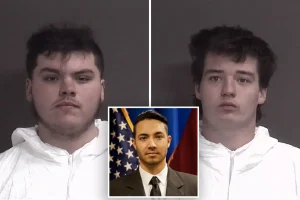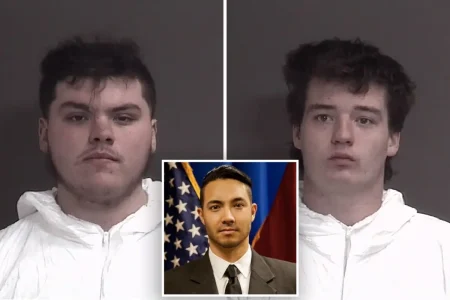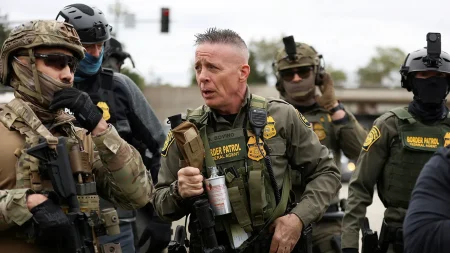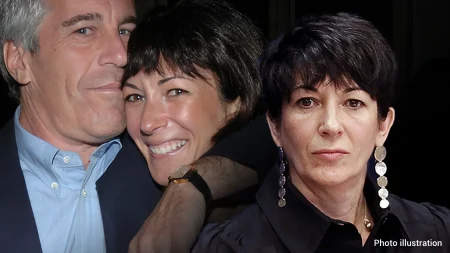U.S. Defense Secretary and President Trump’s Claims of Drug Smuggling: A Brief Analysis
In a recent statement that caught media attention, both the U.S. Defense Secretary and President Trump made claims about a small boat allegedly transporting illegal drugs. The officials presented this incident as part of ongoing efforts to combat drug trafficking, suggesting it represented a successful interdiction operation. However, their announcement has raised questions among journalists and security analysts due to the notably sparse evidence provided to support these claims. Neither official offered substantial details about the vessel itself, the quantity or type of drugs allegedly seized, the location of the interception, or information about those operating the boat.
This lack of specifics stands in contrast to typical drug interdiction announcements, which generally include comprehensive information about seizures, including precise quantities, estimated street values, and details about trafficking routes. The absence of such information in this case has led some observers to question whether the incident was potentially highlighted for political purposes rather than representing a significant breakthrough in anti-narcotics operations. Security experts note that small vessels are indeed commonly used for drug smuggling across various maritime borders, but emphasize that proper verification and transparency are essential when government officials make public claims about enforcement actions.
The timing of these statements has attracted additional scrutiny, coming during a period when administration policies on border security and drug enforcement have faced significant public debate. Critics suggest the announcement may represent an attempt to demonstrate decisive action on drug trafficking without providing the substantiating evidence that would typically accompany such claims. Supporters of the administration counter that operational security sometimes necessitates limiting public disclosure of details, particularly if the incident is part of an ongoing investigation or intelligence gathering operation aimed at larger trafficking networks.
Drug enforcement agencies face genuine challenges in interdicting maritime smuggling operations, which often involve sophisticated networks utilizing everything from small speedboats to semi-submersible vessels. These operations typically require coordination between multiple agencies and sometimes international partners. When successful interdictions occur, they usually result from intensive intelligence work and surveillance operations. Without details about how this particular vessel was identified or intercepted, it remains difficult for independent observers to assess the significance of the incident within the broader context of anti-trafficking efforts.
The statements from high-ranking officials highlight the continuing emphasis on drug interdiction as a national security priority, reflecting longstanding concerns about the flow of illegal narcotics across U.S. borders. However, security analysts emphasize that public trust in enforcement operations depends on transparency and verifiable information. When claims are made without supporting evidence, they risk undermining confidence in legitimate enforcement efforts and potentially complicate the already challenging work of agencies tasked with combating drug trafficking networks.
As this situation develops, journalists and oversight bodies will likely continue seeking additional information to verify the claims made by the Defense Secretary and President. The incident serves as a reminder of the importance of maintaining clear standards for public announcements about law enforcement operations, particularly when they come from the highest levels of government. For citizens trying to understand the effectiveness of anti-drug efforts, the distinction between substantiated enforcement actions and unverified claims remains critically important, especially when assessing the allocation of resources and the effectiveness of national security strategies in addressing the complex challenges posed by international drug trafficking.










